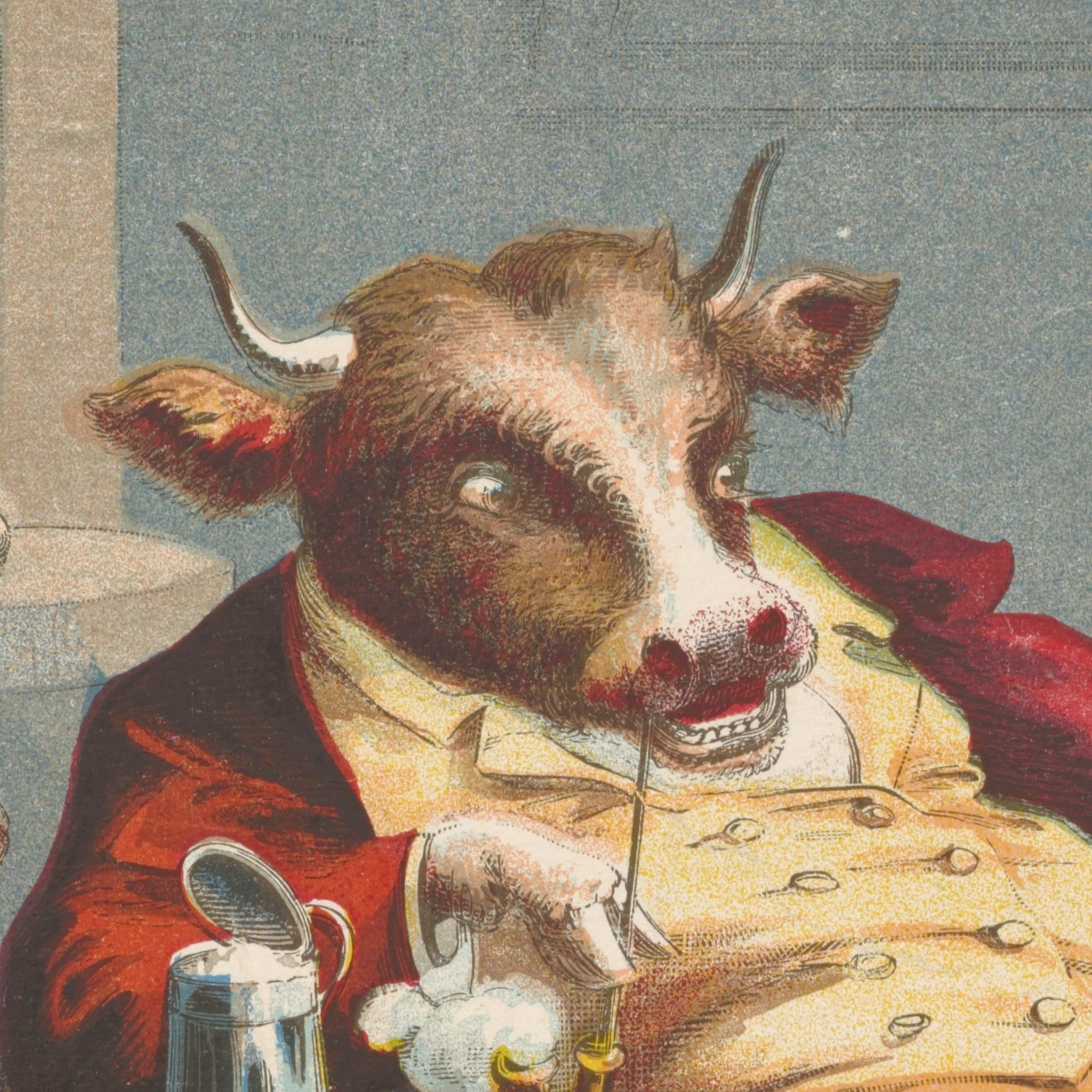It's Hallmark holiday movie season, and although this year I have not managed to fit in as much watching as in years past, the single Hallmark movie I've managed was a particularly interesting one. Christmas with the Singhs essentially welds the trappings of a Hallmark Christmas movie onto an entirely different movie about two people from different ethnic groups, backgrounds, and family traditions deciding to get married and trying to reconcile their families' differing expectations. It's not quite Guess Who's Coming to Dinner, but broadly speaking it's in that tradition. (Very broadly speaking.)
It's always interesting when Hallmark departs even a little from its tried-and-true formula involving straight white people and an idealized vision of small town America as the setting. Sometimes, as in 2022's Hanukkah on Rye, they try way too hard. Other times, as in Netflix's 2021 Single All the Way and Hallmark's 2022 The Holiday Sitter, LGBTQ romances slot neatly into the formula. Despite opening with a sequence in which heroine Asha, unable to go home for Christmas, tells her parents to "Have some biryani for me," Christmas with the Singhs doesn't work the wink-wink, see-what-I-did-there ethnic angles as strenuously as Hanukkah on Rye, yet at the same time it doesn't gloss over the Indianness of Asha's family. What it does is place Asha and new fiance Jake's struggles to both bring their families together and envision themselves as a new family unit in a Hallmark Christmas setting.
On the Hallmark side, it has Asha's father (a lifelong Christian, not someone who took up a secularized Christmas when he immigrated to the US) who always wins the town's exterior holiday decorating contest and reads the Christmas story to the children at church on Christmas Eve, while Jake's mother organizes the town Christmas pageant and always wins the gingerbread house-making contest. And Asha and Jake are forced to frantically run from event to event, trying to keep both their families happy by being at every single thing that matters to any of their parents, with no time for themselves.
But much of that conflict isn't framed around Christmas. It begins before their trip home, when Asha learns that Jake has not sought her father's permission to propose to her. "I didn't know that was still a thing," Jake says. "Was I supposed to?"
It continues with an engagement party Asha's family organizes without involving Jake's family. Hearing that Jake is expected to wear a sherwani, not a vest that's been in his family for generations, Jake's mother says to Asha, "We really respect your traditions, but don't we get to represent ours, too?"
Jake's parents "want to feel like they're a part of this too. Not just guests at an Indian engagement party," he goes on to tell Asha, in a conversation that does not go well.
In a Hallmark holiday movie, key moments of conflict are always framed around traditions tied to objects or ritual events, but by those standards, this is taking different backgrounds and what it takes to interweave them pretty seriously. Don't get me wrong, there are also a lot of jokes about white people not being able to tolerate spicy food, and the moment Jake's mother arrives at Asha's family's house in Indian attire yet cannot pronounce Jake's mother's name. But while the gingerbread house competition and Christmas pageant may be standard boxes on Hallmark Christmas movie bingo, Asha's family's mix of Christian and Hindu traditions is definitely not a stereotypical representation.















Comments
We want Uncharted Blue to be a welcoming and progressive space.
Before commenting, make sure you've read our Community Guidelines.